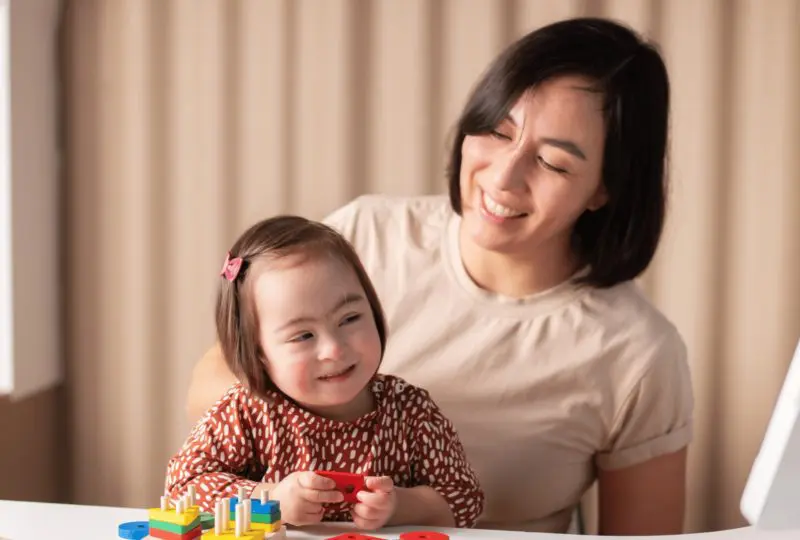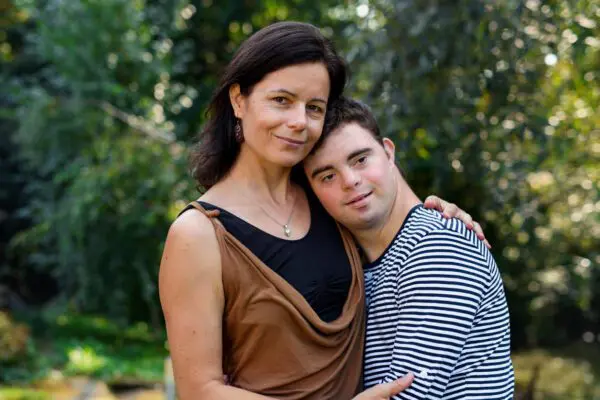Blog
6 Tips on Introducing a New Person into the Lives of your Children
Dating after a divorce can be a daunting experience, especially if you have children. This post highlights six tips newly divorced parents can take when introducing a new person into their children’s lives.
Blog
4 Helpful Tips to Becoming Successful Co-Parents
Attorney Rachel Rizzieri shares four tips on how to develop a positive co-parenting relationship after divorce
Blog
Child Support for Adults with Disabilities in Texas: Customized Support After 18
Attorney Hayley Collins Blair discusses customized child support for adult children with disabilities.




